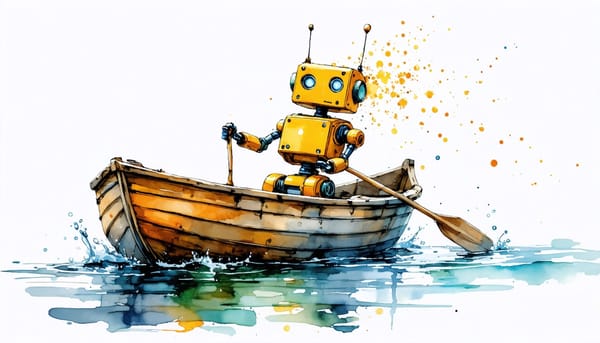Immortality

The less time you know you have, the richer the experience of living becomes. And your whole perspective changes. All of the little, petty things fall away and you realize how truly wonderful it is to be alive, even if just for a moment. The way I see it — life is all the more beautiful knowing that it can't last forever, accepting that all of us eventually pass away. If I had all the time in the universe, I couldn't truly appreciate it. But knowing that my clock is ticking and that every new day brings one fewer sunrise for me to gaze upon, that makes every sight more colorful, every smell sweeter, and every song lovelier. I want to make the most of every moment. Then, when the end finally does come, I will be ready for it.
from The Phoenix Rising by Richard L. Sanders
I was wondering the other day of our innate desire to gain immortality. I myself have long thought that it would be great if indeed, I could be immortal or at least live a lot longer than a normal human lifespan. I figured that maybe within the course of my life our technology would evolve to a degree that we could prolong our lives indefinitely. However, recently I have started to doubt if immortality is a desirable goal at all.
The television show Altered Carbon, and the series of books it is based on, centres around a group of extremely wealthy people which have gained immortality. It explores the moral depravity of this group. Having seen everything, and having seen it many times motivates them to explore more and more extremes to make themselves feel something. I think I have too positive a view of human beings to think such a scenario likely. However I do think that there is some grain of truth in that with longer lives it can become more and more difficult for us to enjoy our lives and keep our sanity. Certainly if our lives stretch into eternity, we might be prone to loose our minds.
I have long been thinking that one of the most likely ways in which we may gain immortality is by digitising our minds. However, rather than plugging a cable into our heads and downloading our consciousness, I find it more likely that it would be possible to reconstruct our personalities and knowledge from data available about us. One example in literature for this is the Illium/Olympos series by Dan Simmons. One of the main characters is Dr. Thomas Hockenberry, a scholar that is 'resurrected' by extrapolating from what can be know about him from the books he wrote and other records available about him.
This made me think about what would result if someone took my writings and things known about my life to reconstitute me in the future. I am thinking that the result could be a better person than I am now. I believe that when we write we become our best selves. We see things in perspective and are more immune to petty emotions than we usually are. Now given that, doesn't that make what we write, and the contributions we make to the world with the best part of us more valuable than ourselves?
I think we are prone to overvalue the importance of ourselves and the continuation of our conscious self. I am sure we also overvalue our uniqueness. Given a big enough set of data, we may become very predictable and in many ways a lot like each other. What is the most amazing about us as a civilisation are not the individuals but what the individuals have created together. In the long run, the law is more valuable than the judge. So, if we have taught kindness during our lifetime that may be more valuable than our continued existence as a living, breathing being.
Image credit: jarmoluk





